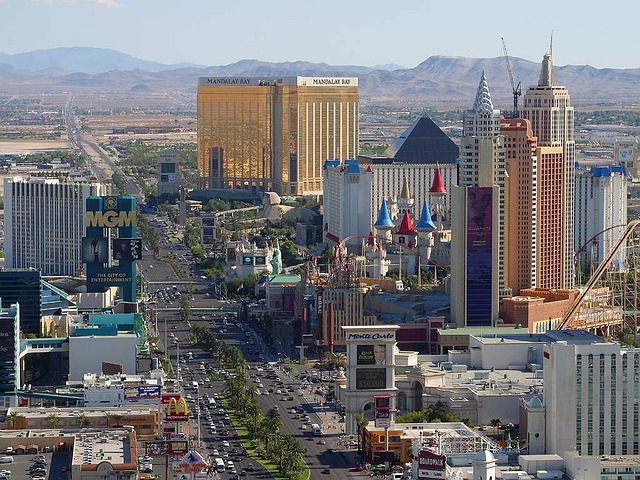Big Beautiful Bill Stirs Resistance in Nevada

Nevada depends on gambling, and the Big Beautiful Bill harming gamblers’ taxes is stirring resistance. The Silver State Leaders Rally to Defend Gamblers Against ‘Hidden’ Tax Increase – get support even from the other side of the aisle.
Could this be a chance for a bipartisan agreement? For a change?
The Hidden Tax Trap
Embedded deep in President Trump’s “One Big Beautiful Bill” is a seemingly small change with outsized impact. An amendment capping deductible gambling losses at 90 percent of documented losses against winnings.
Under prior law, gamblers could offset every dollar of losses against their winnings, so only net gains were taxable. Now, a “phantom” 10 percent of losses becomes non‑deductible — and therefore taxable income — even if the bettor breaks exactly even on paper.
Nevada’s Economic Alarm
Nevada’s economy — built on hospitality, tourism and gaming — faces serious collateral damage.
Professional “sharps” provide market liquidity in Las Vegas casinos, Discouraging these high‑volume bettors reduces overall play and threatens state tax revenues.
Circa Resort & Casino co‑owner Derek Stevens warns,
“It’s going to significantly reduce revenues to the state of Nevada… No one wants to pay tax on phantom income”.
House Pushback: The FAIR BET Act
On July 7, Rep. Dina Titus (D‑Nev.) introduced the Fair Accounting for Income Realized from Betting Earnings Taxation (FAIR BET) Act.
Her bill would restore the full 100 percent deduction on gambling losses, preventing Americans from owing taxes on money they never realized.
The FAIR BET Act enjoys bipartisan backing — including from Rep. Mark Amodei (R‑Nev.), who voted for the original legislation but now calls the gambling change “an easy fix and… nonpartisan”.
A behavior seen more than once recently from Republican politicians.
Senate Battle Lines
In the Senate, Catherine Cortez Masto (D‑Nev.) sought unanimous consent to roll back the 90 percent cap and reinstate full deductibility.
Despite support from Sen. Ted Cruz (R‑Texas) and Sen. Jacky Rosen (D‑Nev.), Sen. Todd Young (R‑Ind.) objected, tying consideration to unrelated amendments.
Cortez Masto decried the move as “common sense” and vowed to press on — even though Republicans argue the cap was a procedural necessity under the reconciliation rules.
What Comes Next for the Big Beautiful Bill in Nevada?
With the House and Senate at an impasse, Nevada’s delegation plans to:
- Press for Conference‑Level Fixes: Push both chambers’ negotiators to strip the 90 percent limit in the final reconciled text.
- Legislative Amendments: Reintroduce FAIR BET and Cortez Masto’s repeal bill after the August recess.
- Public Campaigns: Mobilize Nevada’s gaming industry and community groups to highlight the bill’s threat to jobs and tourism.
When lawmakers return to Washington this fall, all eyes will be on Nevada. Can the policymakers turn back what is an unfair tax on an industry vital to their state’s identity — and economy?
More Selected News for You
You must be logged in to post a comment.
